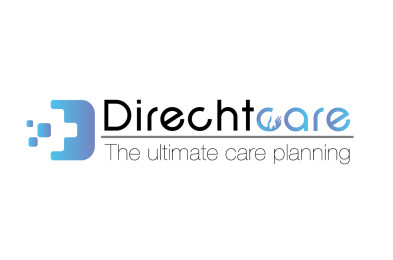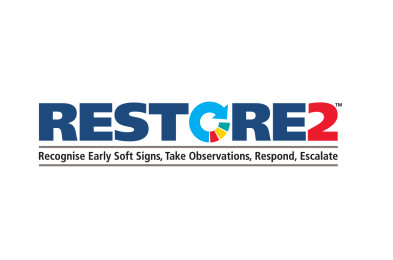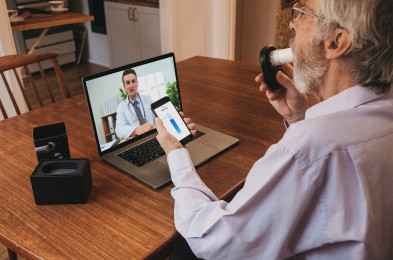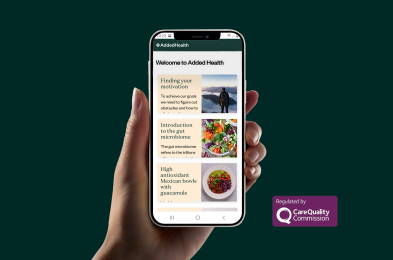BLOSSOM1 - Personal Hygiene Assistant
Hygiene is a fundamental requirement for good health. However, 6.55 million people with disabilities in the UK require assistance with their personal hygiene daily tasks. Technology is currently used in a very limited or inefficient manner and therefore hygiene maintenance is challenging.
BLOSSOM1 - Personal Hygiene Assistant® is a body cleansing device, that makes hygiene simple, effective, dignified and refreshing for people with physical challenges / limitations, simultaneously generating value for their caregivers.
The objective of the device is to consolidate and automate the manual processes of rinsing, soaping, scrubbing and drying in a single, sleek and practical device.
About
After my 80-year-old grandma fell in the shower and nearly lost her life I founded BLOSSOM1 to develop a simple and convenient personal hygiene solution to replace physically challenging showers and other ineffective / intrusive practices like bed baths.
Hygiene maintenance is also challenging and time consuming for carers in cases where the people with disabilities are dependent, often resulting in a deterioration of the relationship between the carer and patient and in carer stress/fatigue.
Successful development and commercialisation of this device will result in benefits for the following:
1) Benefits for people with disabilities:
- Optimal hygiene (3x more effective than a 10 min shower) and therefore, improved health
- Physically less strenuous
- Less intrusive
- Significantly more dignified solution
- Empowers some of the more able-bodied patients to be more autonomous and less dependent
2) Benefits for carers:
- Time-saving solution (<7 mins for a full body clean)
- Replaces current process which can be unpleasant and discomforting resulting in higher job satisfaction
- Alleviates some of the work load (much needed respite for typically overworked carers)
3) Benefits for care providing bodies (e.g. NHS, care homes, rehab centres):
- Improved health and hygiene across the board
- Saved resources, i.e. carer hours and water
- Fewer bathroom related incidents
- Reinvestment of saved carer hours for other value-adding activities that can improve mental health
- Facilitates a more caring / comfortable relationship between carers and patients
- Solution reduces the risk of COVID transmission in the establishment (through better hygiene and minimised physical contact between in the carer and patient)












